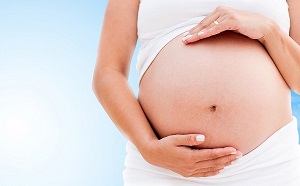There is a large number of studies that prove coffee damage during pregnancy. A new work takes up all the previous studies on the subject, so as to identify any nuances that have gone unnoticed. Thanks to this procedure, some slightly different answers emerged from the previous ones.
The researchers used data from around 12 individual studies. A 2015 study showed that taking even small amounts of caffeine increases the risk of miscarriage. By contrast, more recent studies from 2016 to 2017 denied this possibility. This last thesis was also demonstrated by a series of experimental studies conducted among women who drank coffee during pregnancy.
The most recent data would seem to show that little caffeine does not increase the risk of miscarriage. They also show that taking so much caffeine damages fetal development. Children exposed to high levels of caffeine tend to weigh less at birth, with all the associated risks. It therefore seems obvious that coffee remains a potentially harmful beverage during pregnancy.
According to the World Health Organization, a pregnant woman should drink a maximum of two cups of coffee a day. However, it would be better to stay at even lower levels, given that certain types of coffee are richer in caffeine than others. The two canonical cups could therefore be too much, despite the good intentions of the future mother. Realistically speaking, the new study changes relatively little.
The best thing for a future mother is to avoid as much coffee as possible. A cup every so often after lunch, however, seems to be quite safe, which takes away a concern from many drink lovers.
Source: theguardian.com
















